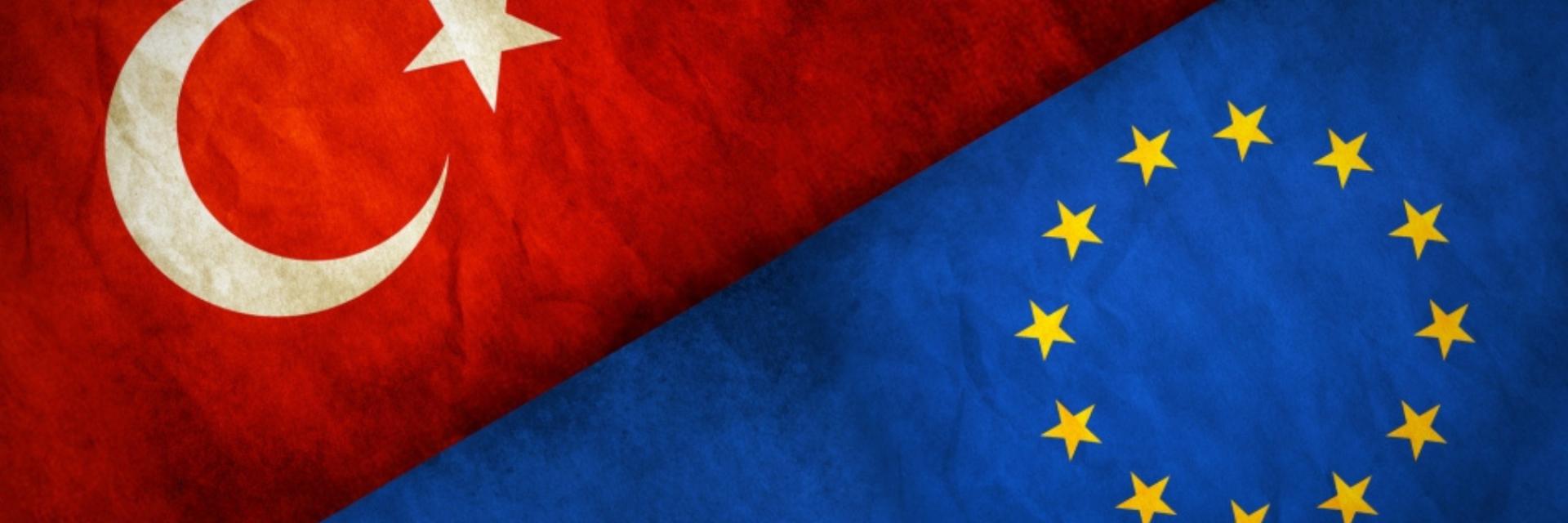
The report stated that concerns about democratic standards, the rule of law, the independence of the judiciary and fundamental rights continue, and that civil society organizations operate in a difficult environment where they face numerous restrictions, including constant pressure from the authorities. The report also stated that the participation of civil society organizations in law-making processes should be supported. The report said:
"Mechanisms should be established to ensure that independent civil society organizations are consulted on new legislation and policies. In general, political, legal, financial and administrative obstacles that prevent civil society from working effectively in Turkey should be removed."
Public funds are not transparent
The report also said that only a very limited number of civil society organizations benefit from public funds and that the funds are not distributed transparently. It was also stated that the organizations are strained under a heavy tax burden, and that this situation hinders the functioning and development of foundations and associations.
Women, LGBTIQ+ and human rights organizations under systematic pressure
The report said that women, LGBTIQ individuals and civil society organizations working in the field of human rights are under systematic pressure. The report said:
“Civil society organizations face pressure, including Turkey’s broad definition of terrorism and systematic use of judicial processes. Stigmatization, hate speech and discriminatory treatment against LGBTIQ individuals and women’s rights continue to increase.
There continue to be problems in terms of human rights due to significant deficiencies in the rule of law, the application of criminal provisions contrary to the European Convention on Human Rights and the case law of the European Court of Human Rights, and the constant pressure on human rights defenders and civil society organizations.
Human rights defender Osman Kavala and his four fellow defendants on trial in the Gezi Trial remain in prison despite the ECHR's decision to release them immediately.
Excessive inspections put pressure on organizations
The report also said that MASAK and the Ministry of Interior increased their inspection activities against civil society organizations within the scope of risk-based inspections, and that the excessive number of inspections and examinations carried out by the Ministry also put pressure on civil society organizations. It was emphasized that NGOs receiving funds from abroad are also subject to frequent inspections.
The report also touched on the Constitutional Court's decision to annul the regulations in Law No. 7262 on the Prevention of the Financing of Weapons of Mass Destruction that narrow the scope of activities of NGOs due to the foreign resources they use, and particularly the regulations that impose severe sanctions such as the suspension of the activities of NGOs, the appointment of trustees or the freezing of their financial resources.
You can access the English version of the report from the link.

